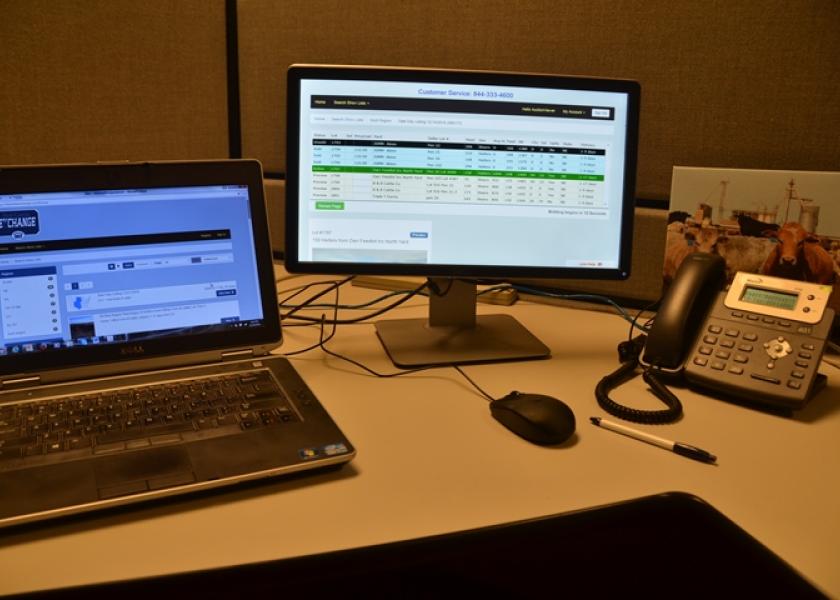Sexten: Making Smart Investments

Each day we make a significant investment, how to spend the next 24 hours. Our time is the only item we have with an unknown, but limited supply that cannot be restocked once spent. When considering how to advance one’s business I’m reminded of a quote from Shane Thomas in his Ag Upstream Insights newsletter, “We are limited by what we’re not willing to take the time to learn.”
Graduation season is in full-swing and excitement abounds for all the new learning opportunities ahead. Few times in one's life is learning highlighted like graduation: the official transition from prescribed and required learning to self-selected area of focus. A transition that can cause anxiety due to the finality of selecting a school and/or area of focus or the realization that switching costs are real and costly. For others this opportunity to finally focus on an area they are passionate about is truly exciting.
This transition to a voluntary financial commitment to learning follows social norms and is presented as one of the best personal investments one can make. A commitment in time and money to open the door to greater opportunities on the other side. The value of this commitment and investment is not without skeptics.
I’d submit the value is not the item of debate, rather the return on invested time and money. For the average student the invested time and money are fairly comparable. Sure, there is a wide range in college expenses across institutions, but there are clear opportunities to reduce the cost. The more difficult number to assess is the return, or outcome of the education process.
For new grads assessing the return on this investment is a bit simpler, evaluate the skills and professions we value and pay for. High return investments fall under: technical, specialized, time sensitive, high risk or certifiable.
For the beef business assessing return on learning is a bit more challenging but follows the same framework. What skills are unavailable locally, seasonally demanding, reduce costs, and/or diversify revenue. For the manager skills need broader definition to address emerging challenges faced by the business or opportunities to grow the enterprise.
David Perell in his essay “Learn Like an Athlete” challenges us to approach learning like athletes train. Establish goals, develop a plan, start learning and pause to reflect. Keep your plan flexible, avoiding the rigid formal education model that discouraged many a learning mindset.
Shane Thomas highlighted his professional development formula as the 10% rule. This self-improvement formula breaks down to 3% annual income and 7% of his time dedicated to becoming better through learning. For those who are too busy to make such an investment he suggested an alternative 5% framework of 1% income and 4% time. The financial investment helps hold him accountable. There is plenty of free content to explore areas in need of further investment.
For many the temptation is to suggest their investment in education is learning fix-it or building skills, both valuable and timely pursuits. Fair to say the premium YouTube subscription is an investment in time savings while searching for the right video to solve the problem at hand. This type of professional development is comparable to point solutions. Handy at the time but doesn’t solve for the strategic skills needed to be competitive in the longer term.
From an operational perspective, what have you invested time in learning that moves your business forward? What emerging technologies have you considered or reconsidered to improve operational sustainability? A year ago corn was $3 a bushel cheaper, just one of many indicators that what worked last year needs re-evaluated.
Corporate America continues to make claims to reduce their carbon footprint. What opportunities do emerging carbon markets have for revenue diversification? When you consider the entire beef supply chain carbon footprint the cowherd is the largest contributor compared to the feedlot, what opportunities or barriers to business will this cultural shift present?
Today we have opportunities and media available to learn nearly anything on demand in the comfort of our office, tractor or truck, hard to argue there is not enough time to expand our knowledge base. With the increasing challenges to operations, continuous improvement of the manager and a learning mindset will prove the most valuable tool in the toolbox.







